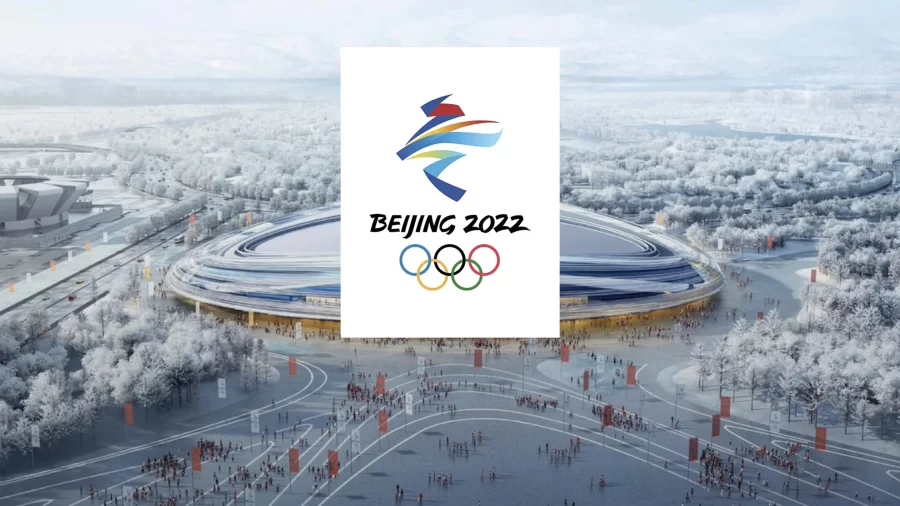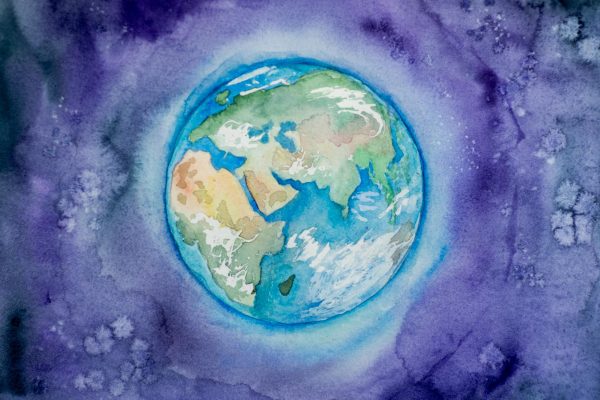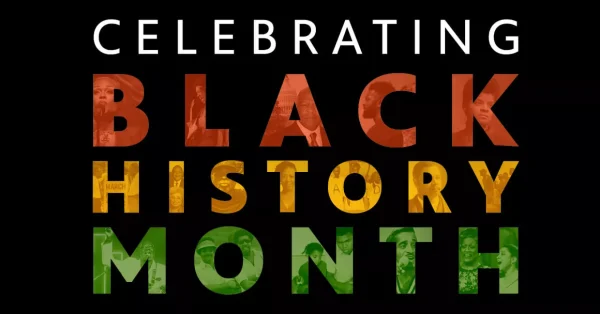A Deeper Look Into the 2022 Winter Olympics
The 2022 Beijing Winter Olympics, a must-see event starting on February 4th, includes a packed roster of talented athletes from all over the world. Although this gathering of international athletics appears to unify countries, it actually deepens their divide. Behind these Olympic games, lies significant political, economic, and human rights issues, leading to tension between the participating countries.
Even the selection of the host country was controversial this year. Countries vie for a spot to host the Olympic games in order to increase tourism, monetary benefits, and exposure. Due to an increasingly fragile economy, protests from their citizens, and the pandemic, countries such as Poland, Ukraine, Germany, and Sweden decided against hosting the Olympics. Eventually, China and Kazakhstan were the only countries left, forcing the I.O.C (International Olympic Committee) into a flawed closed-door selection process.
Political protests over China’s stance on human rights continued to increase throughout the last several years, prompting numerous countries to boycott the games. Two of the biggest issues are the abuse of Uyghur Muslims in the Xinjiang region and pro-democracy protests by Chinese citizens. The United States, Australia, Britain, and Canada are some of the countries that have announced a “diplomatic boycott” of the Olympic Games. This means that no government official will be attending the games or any of the events at the Olympics. The USA, being a global role model, holds firmly to its decision of not sending any government representative, citing “genocide and crimes against humanity” as their main concern for not “contributing to the fanfare of the Games,” said White House press secretary, Jen Psaki. With tensions high, symbolic actions such as taking a knee or raising a fist are prohibited by the I.O.C during medal ceremonies. But, the controversies do not stop there.
Stringent protocols have recently been put into place to prevent the spread of COVID-19 by using a “closed-loop system”. By confining athletes, coaches, volunteers, and journalists together in a bubble they can work to decrease the spread in the Olympic village. The I.O.C is also requiring all attendees to be fully vaccinated and be tested frequently. Some athletes have expressed their displeasure with the new strict rules by boycotting certain events. Un-vaccinated athletes will not be permitted inside the “closed-loop system” and not allowed to participate in any of the Olympic games.
Despite these controversies, there are many individual stories of hard work, dedication, and true grit at these Olympic games. Here in Hunterdon County, we have much to look forward to as our own Kimi Goetz from Hunterdon Central’s graduating class of 2012 takes the ice. Goetz began speed skating at the age of nine going on to the world championships, but in order to get to the Olympics, she had to make the switch to ice. In 2014, Goetz was invited to join Team USA and compete in a junior national championship. Since then, Goetz has been training hard to overcome numerous injuries and beat her own time. This year Goetz will be competing in long track speedskating after placing second in both the 500 and 1,000-meter qualifying events. Currently, Goetz is ranked ninth in the world for her two events, making it the highest finish by a U.S woman. She will be competing in both the 500 and 1,000 meter races which will be held on February 13th and February 17th. When asked about her upcoming games Goetz said, “It’s exciting, it’s my first Olympic Games so it feels like a huge honor…I don’t think it’s sunken in yet but I’m sure once I arrive in Beijing it will.” As her competitions get closer, let’s wish Goetz good luck and use her journey as inspiration for the endless opportunities our own futures will hold.





